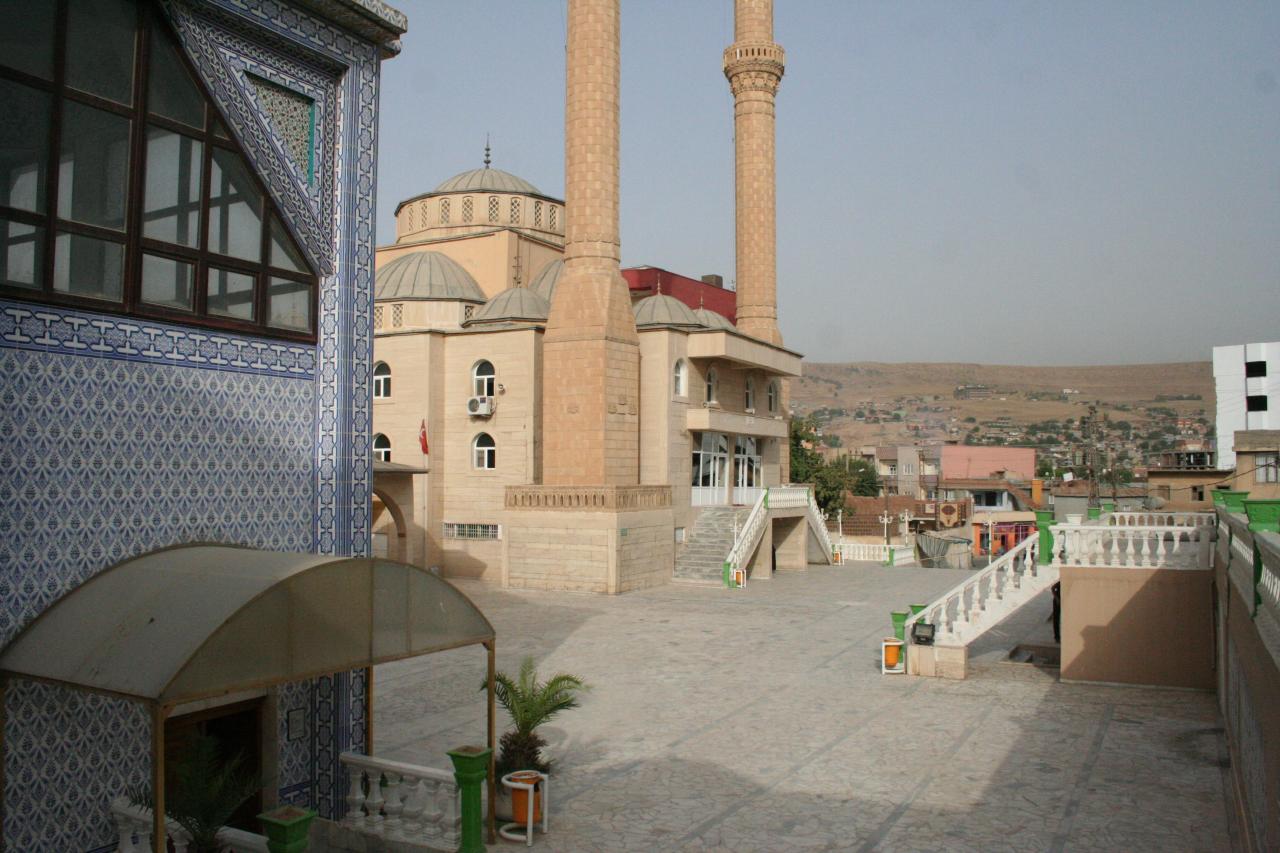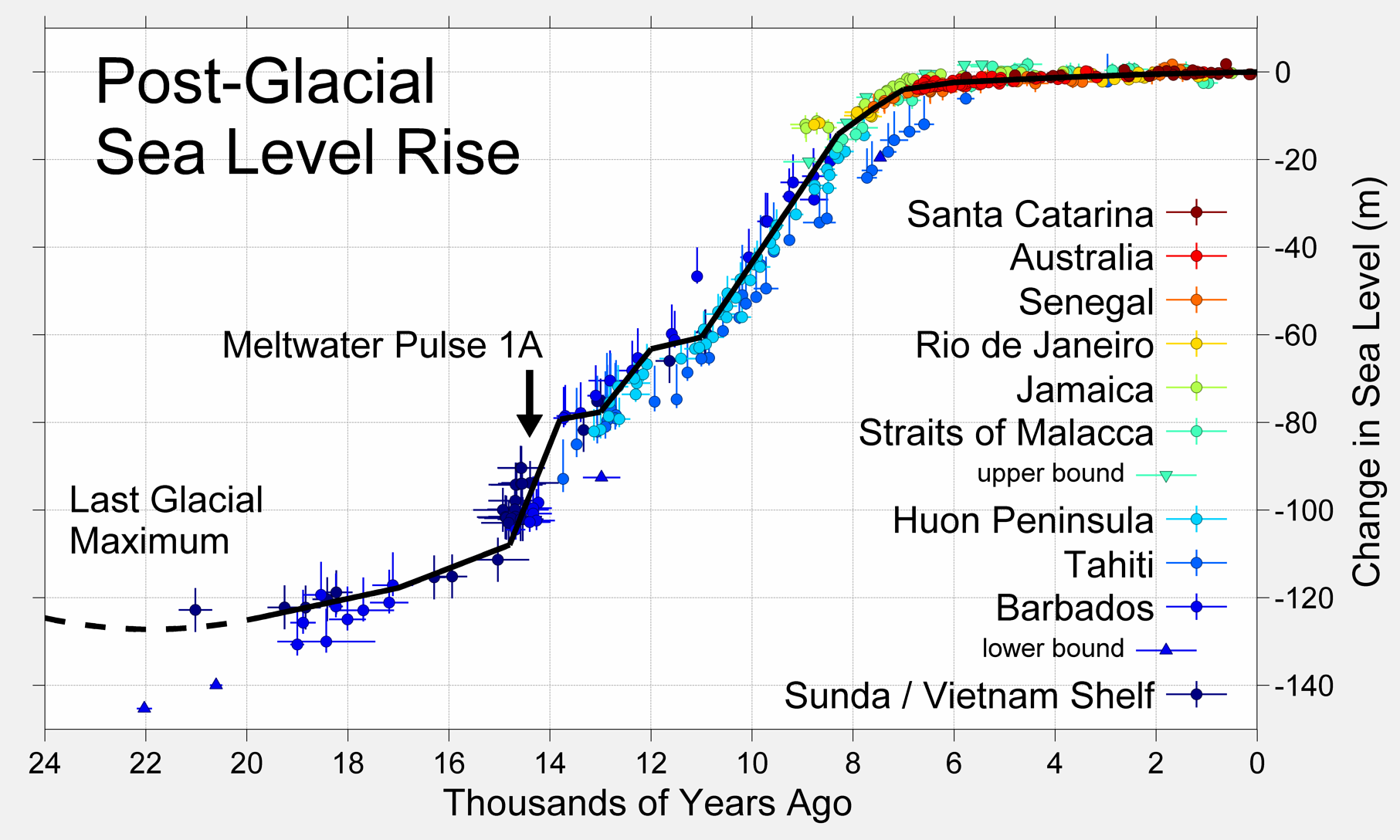|
Zurah
In Islamic cosmology, Zurah, also known as Bait al-Makmur () is a pilgrimage site that was originally built by Adam. It was lifted into the fourth level of Jannah during the time of Noah when the Flood occurred. It was the precursor to the Kaaba The Kaaba (), also spelled Kaba, Kabah or Kabah, sometimes referred to as al-Kaba al-Musharrafa (), is a stone building at the center of Islam's most important mosque and Holiest sites in Islam, holiest site, the Masjid al-Haram in Mecca, Sa .... References Kaaba Islamic terminology Pilgrimage Islamic cosmology {{islam-stub ... [...More Info...] [...Related Items...] OR: [Wikipedia] [Google] [Baidu] |
Kaaba
The Kaaba (), also spelled Kaba, Kabah or Kabah, sometimes referred to as al-Kaba al-Musharrafa (), is a stone building at the center of Islam's most important mosque and Holiest sites in Islam, holiest site, the Masjid al-Haram in Mecca, Saudi Arabia. It is considered by Muslims to be the ''Baytullah'' () and determines the qibla () for Muslims around the world. In Historiography of early Islam, early Islam, Muslims faced in the general direction of Al-Aqsa Mosque in Jerusalem as the qibla in their prayers before changing the direction to face the Kaaba, believed by Muslims to be a result of a Quranic verse revelation to Muhammad. According to Islam, the Kaaba was rebuilt several times throughout history, most famously by Abraham in Islam, Ibrahim and his son Ishmael in Islam, Ismail, when he returned to the valley of Mecca several years after leaving his wife Hagar in Islam, Hajar and Ismail there upon God in Islam, Allah's command. The current structure was built after th ... [...More Info...] [...Related Items...] OR: [Wikipedia] [Google] [Baidu] |
Islamic Cosmology
Islamic cosmology is the cosmology of Islamic societies. Islamic cosmology is not a single unitary system, but is inclusive of a number of cosmological systems, including Quranic cosmology, the cosmology of the Hadith collections, as well as those of Islamic astronomy and astrology. Broadly, cosmological conceptions themselves can be divided into thought concerning the physical structure of the cosmos ( cosmography) and the origins of the cosmos (cosmogony). In Islamic cosmology, the fundamental duality is between Creator (God) and creation. Quranic cosmology Overview In Quranic cosmography, the cosmos is primarily constituted of seven heavens and earth. Above them is the Throne of God, a solid structure. The Quran indicates a round Earth and says the physical land on the ground has been spread. The definition and understanding of such a "spreading of physical land" varies based on scholars and academics. Heavens and the earths The most important and frequently referre ... [...More Info...] [...Related Items...] OR: [Wikipedia] [Google] [Baidu] |
Adam In Islam
Adam (), in Schools of Islamic theology, Islamic theology, is believed to have been the List of protoplasts, first human being on Earth and the first Prophets and messengers in Islam, prophet (, ''nabī'') of Islam. Adam's role as the father of the human race is looked upon by Muslims with reverence. Muslims also refer to his wife, Ḥawwāʾ (, Eve), as the "mother of mankind". Muslims see Adam as the first Muslim, as the Quran states that all the Prophets preached the same faith of Islam (). According to Islamic belief, Adam was created from the material of the earth and brought to life by God. God placed Adam in a paradisical Garden. After Adam sinned by eating from the forbidden tree (Tree of Immortality) after God forbade him from doing so, paradise was declined to him and he was sent down to live on Earth. This story is seen as both literal as well as an allegory for human relationship towards God. Islam does not necessarily adhere to Young Earth creationism, young Earth Cr ... [...More Info...] [...Related Items...] OR: [Wikipedia] [Google] [Baidu] |
Jannah
In Islam, Jannah (, ''jannāt'', ) is the final and permanent abode of the righteous. According to one count, the word appears 147 times in the Qur'an. Belief in the afterlife is one of the Iman (Islam)#The Six Articles of Faith, six articles of faith in Sunni Islam and is a place in which "Mumin, believers" will enjoy pleasure, while the Kafir, disbelievers (''Kafir'') will suffer in ''Jahannam''.#ETISN2009, Thomassen, "Islamic Hell", Numen, 56, 2009: p.401 Both ''Jannah'' and ''Jahannam'' are believed to have several levels. In the case of Jannah, the higher levels are more desirable, and in the case of Jahannam, the lower levels have more severe punishments — in ''Jannah'' the higher the prestige and pleasure, in ''Jahannam'' the severity of the suffering. The afterlife experiences are described as physical, psychic and spiritual. Jannah is described with physical pleasures such as gardens, beautiful houris, wine that has no aftereffects, and "divine pleasure". Their ... [...More Info...] [...Related Items...] OR: [Wikipedia] [Google] [Baidu] |
Noah In Islam
Noah, also known as Nuh (), is recognized in Islam as a prophet and messenger of God. He is also believed to be the first messenger sent by God. He is one of the Ulul 'azm prophets. Noah's mission was to warn his people, who were plunged in idol worshipping. God charged Noah with the duty of preaching to his people, advising them to abandon idolatry and to worship only God, and to live good and pure lives. Although he preached the Message of God with zeal, his people refused to mend their ways, leading to building the Ark and the Deluge, the Great Flood. In Islamic tradition, it is disputed whether the Great Flood was a global or a local one. Noah's preaching and prophethood spanned 950 years according to the Quran, '' ahadith'' and '' tafsir''. In the Quran Praise Noah is praised by God in the Qur'an, which shows his great status amongst the prophets. In 17:3 of the Qur'an, God states: "He was indeed a grateful servant." The Qur'an also states in a later chapter: ... [...More Info...] [...Related Items...] OR: [Wikipedia] [Google] [Baidu] |
Flood (mythology)
A flood myth or a deluge myth is a myth in which a great flood, usually sent by a deity or deities, destroys civilization, often in an act of divine retribution. Parallels are often drawn between the flood waters of these myths and the primeval cosmic ocean which appear in certain creation myths, as the flood waters are described as a measure for the cleansing of humanity, for example in preparation for rebirth. Most flood myths also contain a culture hero, who "represents the human craving for life". The oldest known narrative of a divinely inititated flood originates from the Sumerian culture in Mesopotamia, among others expressed in the Akkadian Athra-Hasis epic, which dates to the 18th century BCE. Comparable flood narratives appear in many other cultures, including the biblical Genesis flood narrative, ''manvantara-sandhya'' in Hinduism, Deucalion and Pyrrha in Greek mythology, also the Cheyenne, Blackfeet and Puebloan traditions. Mythologies The ''Epic of Gilgames ... [...More Info...] [...Related Items...] OR: [Wikipedia] [Google] [Baidu] |
Islamic Terminology
The following list consists of notable concepts that are derived from Islamic and associated cultural (Arab, Persian, Turkish) traditions, which are expressed as words in Arabic or Persian language. The main purpose of this list is to disambiguate multiple spellings, to make note of spellings no longer in use for these concepts, to define the concept in one or two lines, to make it easy for one to find and pin down specific concepts, and to provide a guide to unique concepts of Islam all in one place. Separating concepts in Islam from concepts specific to Arab culture, or from the language itself, can be difficult. Many Arabic concepts have an Arabic secular meaning as well as an Islamic meaning. One example is the concept of dawah. Arabic, like all languages, contains words whose meanings differ across various contexts. Arabic is written in its own alphabet, with letters, symbols, and orthographic conventions that do not have exact equivalents in the Latin alphabet (see Ar ... [...More Info...] [...Related Items...] OR: [Wikipedia] [Google] [Baidu] |
Pilgrimage
A pilgrimage is a travel, journey to a holy place, which can lead to a personal transformation, after which the pilgrim returns to their daily life. A pilgrim (from the Latin ''peregrinus'') is a traveler (literally one who has come from afar) who is on a journey to a holy place. Typically, this is a physical journey (often on foot) to some place of special significance to the adherent of a particular religious belief system. Background Pilgrimages frequently involve a journey or search of morality, moral or spirituality, spiritual significance. Typically, it is a journey to a shrine or other location of importance to a person's beliefs and faith, although sometimes it can be a metaphorical journey into someone's own beliefs. Many religions attach spiritual importance to particular places: the place of birth or death of founders or saints, or to the place of their "calling" or spiritual awakening, or of their connection (visual or verbal) with the divine, to locations where ... [...More Info...] [...Related Items...] OR: [Wikipedia] [Google] [Baidu] |





